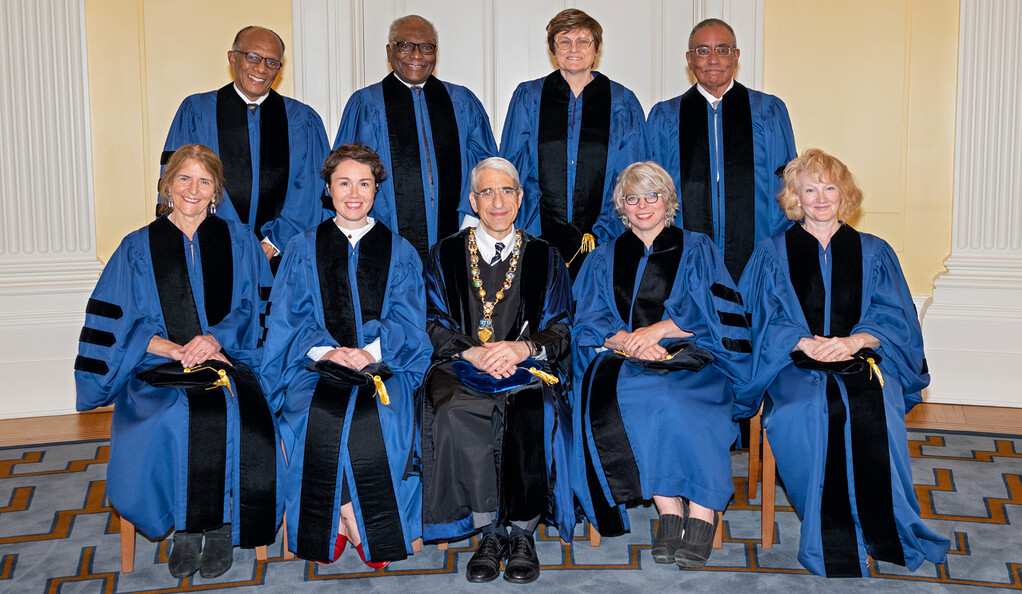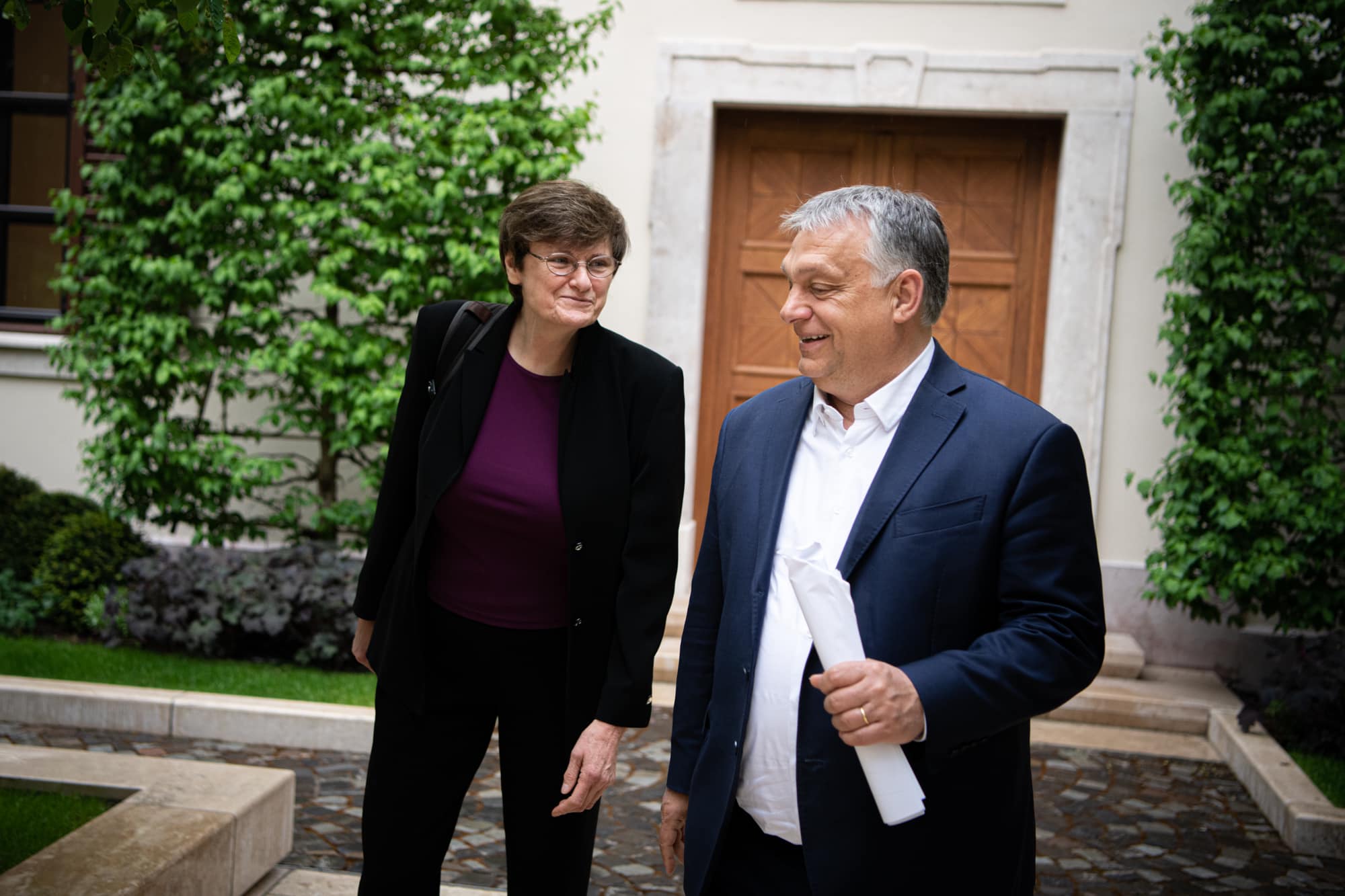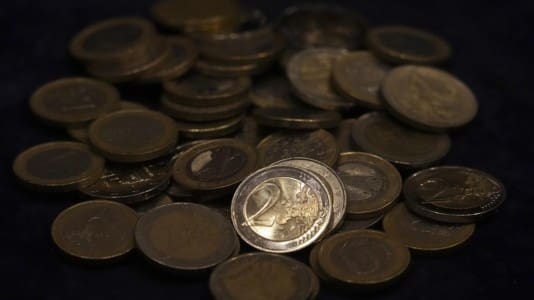Hungarian-born biochemist Katalin Karikó, the co-developer of the current modern batch of messenger RNA (mRNA) coronavirus vaccines, has received an honorary doctorate from Yale University.
Announcing this year’s recipients of the prestigious award, the university described Karikó’s personal story in its laudation as one of “perseverance and resilience, which came to be widely known during the pandemic and has been inspirational to many.
“Since the vaccine breakthroughs, Karikó has become a lauded and sought-after figure, appearing in major publications and on the TIME 100 List,” Yale University added.

The 66-year-old, from the small town of Kisújszállás in southern Hungary, was fired from the Szeged Biological Research Center in southern Hungary in 1985 before leaving for the United States where she became a professor at the University of Pennsylvania Medical School.
In 2012, Karikó and Drew Weissman, an immunologist at the same university, received a patent for the use of several modified nucleosides to reduce the antiviral immune response to mRNA.
In early 2013, when she realized she wouldn’t get the chance to apply her experience with mRNA at the University of Pennsylvania, Karikó accepted a position as senior vice president at BioNTech RNA Pharmaceuticals.
“Her work is the cornerstone for the development of the COVID-19 vaccine,” the Yale laudation explained.
“She holds U.S. patents for the application of non-immunogenic, nucleoside-modified RNA, the technology licensed by Pfizer and Moderna to develop their vaccines. Her contributions to fight the pandemic make her and her collaborator, Drew Weissman, likely candidates for a Nobel Prize,”, the university added.





